Survey shows that an amazingly high percentage of U.S. teens own an iPhone

Every other year investment house Piper Sandler tries to get the temperature of U.S. teens and survey them about things like tech, clothing, entertainment and more. The latest survey found that 87% of U.S. teens own an iPhone while 88% said that their next phone will be an iPhone. These are not the stats that Google and Android phone manufacturers want to see. The survey was conducted between September 4th and September 27th. 36% of the respondents live in the South, 29% in the Midwest, 21% in the West, and 14% in the North.
The blue bubble brouhaha is one reason why teens love the iPhone
Android remains the most widely used operating system worldwide but in the U.S., iOS is on top and Americans are turning to the iPhone at an early age. Some of this could be due to the iMessage blue bubbles brouhaha; every teen has enough on his/her plate these days without having to worry about being insulted because of the Android phone he/she uses.
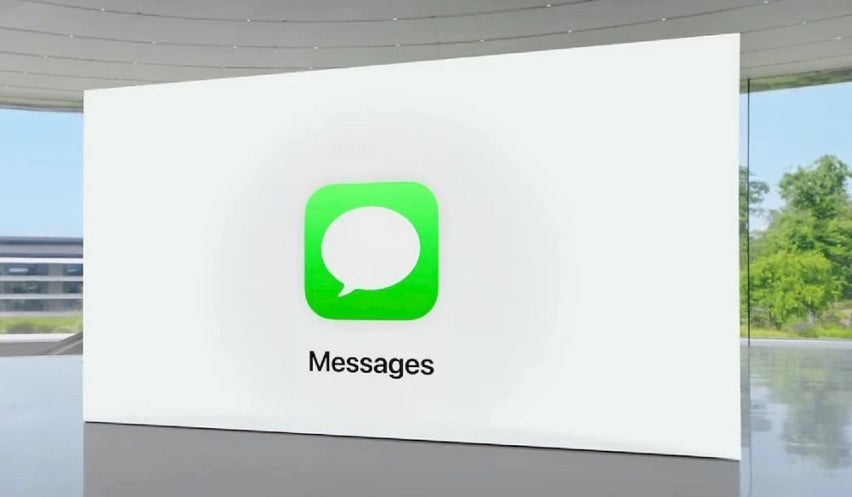
iMessage is one of the iPhone features that attracts teens
When a person using an Android handset joins a group chat previously consisting of just iOS users, all of those great iMessage features go away. No more end-to-end encryption, read receipts will not appear and neither will typing indicators, high-quality images and video, and you can kiss goodbye the ability to send larger messages. Android users can be easily discovered in a group chat because they are the ones with a green text bubble.
Before we move on, we do need to point out that when Android users are in a group chat using RCS (Rich Communication Services) and an iPhone user joins the group, the very same thing happens down to the green text bubbles for the iOS users in the chat. Nonetheless, teens prefer the iPhone. Some of it might have to do with the ecosystem. AirPods are considered cool and that helps, and Piper's survey shows that 34% of the teens surveyed own an Apple Watch. The basic iPad might have been the first Apple device owned by many of these teens to help them get ahead in school.
What makes this fascinating is that most of the teens weren't even born when Steve Jobs unveiled the iPhone and those who were alive were much too young to understand what was going on. But outside of the rare teen phone enthusiasts who understand what happened in January 2007 and how it changed the world, you have to wonder what Apple did to get U.S. teens to drink the Apple-flavored KoolAid.
Some teens might have had a low-price Android handset for their first phone
Perhaps the teens were given older iPhone units that their parents no longer use. Even if that is the case, you would expect Android to be better represented in the survey. Google needs to figure out why the iPhone is so popular among U.S. teens since they grow up and become adults and will probably continue to buy more iPhones, iPads, Apple Watches, and AirPods in the future.
Maybe the iPhone's dominance among teens isn't so hard to figure out at all. As a young teen, concerned parents might decide to hook their kids up with a smartphone for safety reasons. So they go to a prepaid carrier, get a basic plan, and it comes with a cheap Android phone. The kid loves it until the day he sees a schoolmate using an iPhone and wonders why his handset doesn't have iMessage or is more laggy, or doesn't take pictures that look as good as the ones snapped by his friend using an iPhone.
From that moment on, every other word out of this kid's mouth to his parents is "iPhone" usually preceded by the words, "I want a...". Eventually, this teen is going to end up with his/her own iPhone. Sure, it might be a refurbished model, an iPhone SE, or part of a deal offered by a U.S. carrier. No matter how a teen ended up with an iPhone, no matter what model it is, it still counts toward the 87% of teens who responded to the survey by saying that they use an iOS-powered smartphone rather than an Android device.



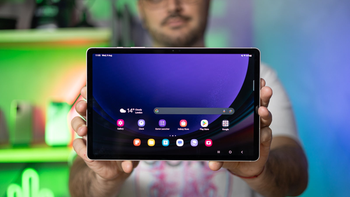
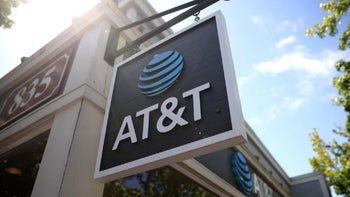
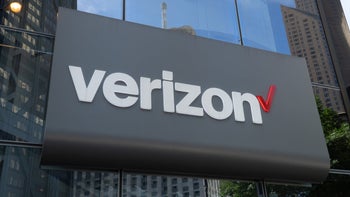
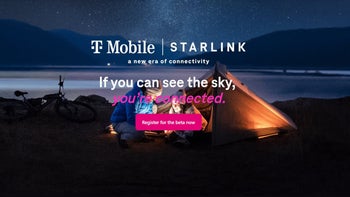
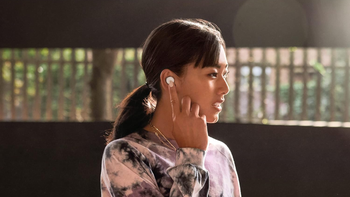
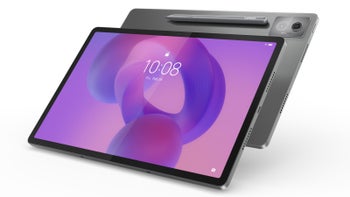
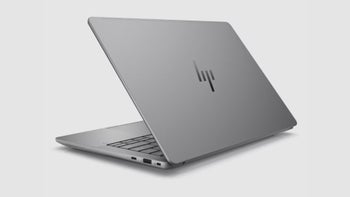
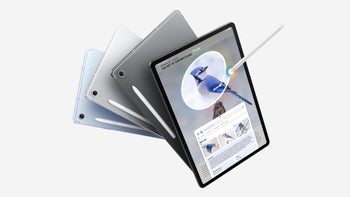
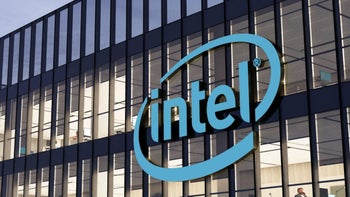
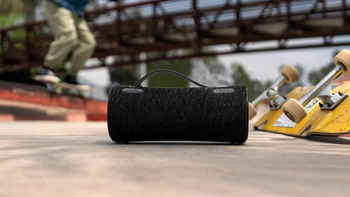
Things that are NOT allowed: